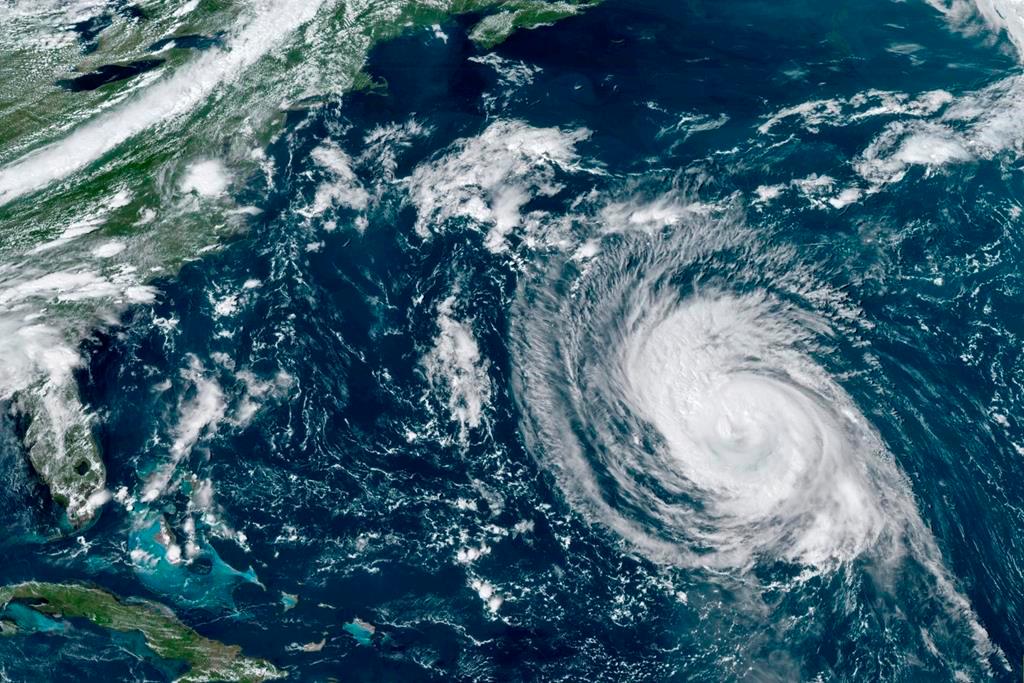A new study suggests that the successful efforts in North America and Europe to reduce air pollution have led to an unintended consequence—more hurricanes.
The “surprising result” was found by Hiroyuki Murakami, a physical scientist at the National Oceanic and Atmospheric Administration (NOAA). In his paper, published in the journal Science Advances, Murakami said he studied hurricane trends in the Northern Hemisphere over the past 40 years and discovered a connection between the number of hurricanes and the amount of air pollution in the form of tiny particles called aerosols.





